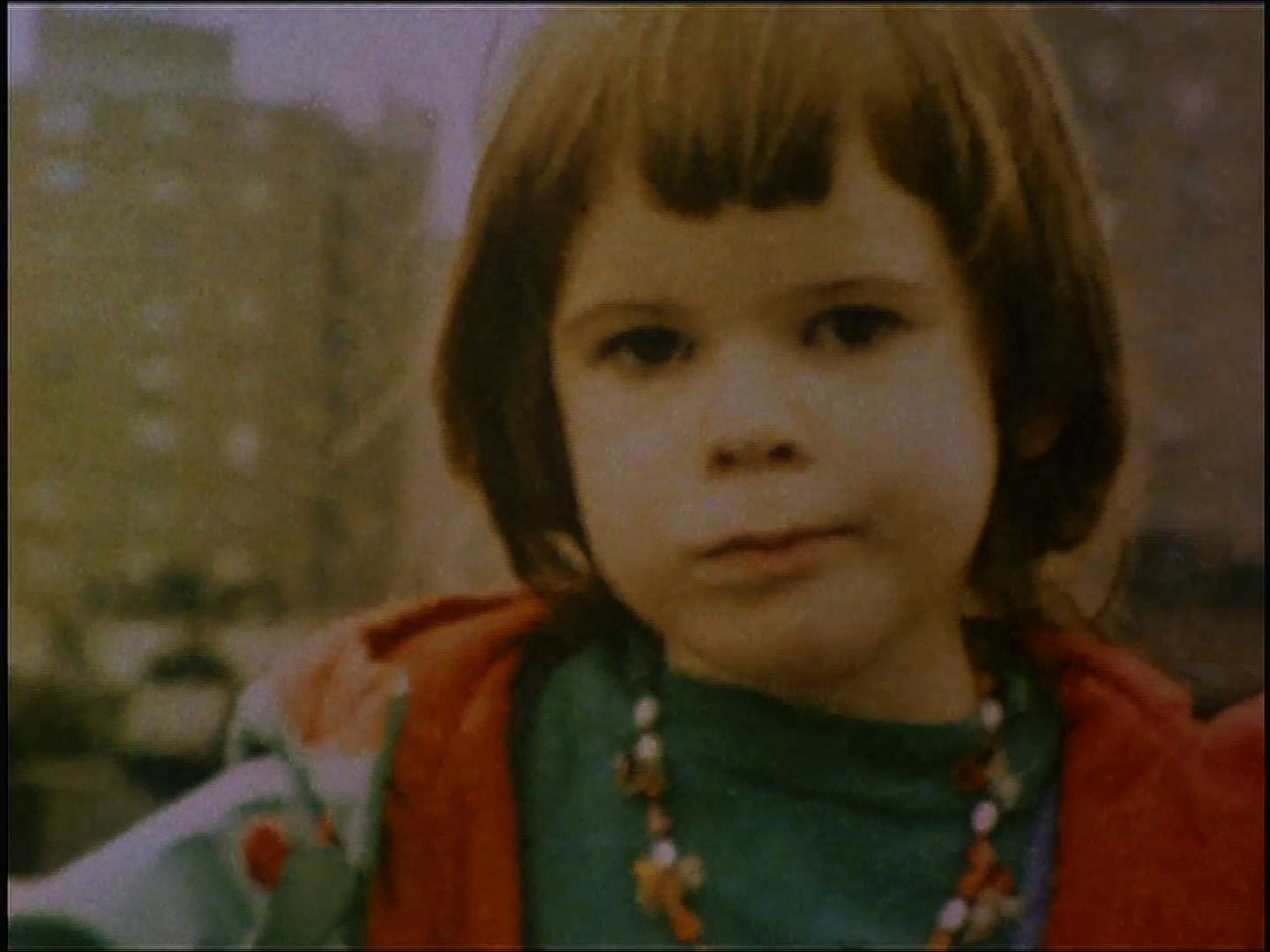1/21/18 // New Beginnings: Works by Peggy Ahwesh, Sadie Benning, Nina Fonoroff
Posted January 21st, 2018 in Co-Presentations, Events and Screenings, News / Events
New Beginnings: Works by Peggy Ahwesh, Sadie Benning, Nina Fonoroff
Thursday, January 25th, 2018 // 7:30pm
Artists’ Television Access // 992 Valencia Street, San Francisco
$10.00 General Admission / $5.00 Cinematheque members
Facebook Event
Presented in association with San Francisco Cinematheque.
“New Beginnings is a recurring curatorial endeavor oriented to the presentation of historic works of international artist-made cinema in the contemporary context. This seasonal series intends to open space for new cinematic encounters, revive interest in forgotten (or not forgotten) classics, to problematize canons through the unearthing of unsung cinematic oddities, to provide fresh insights to well-known works, and to offer opportunities for guest curatorial input and experiment. Watch this space for development and send hot tips and suggestions to sfc@sfcinematheque.org.
New Beginnings for the New Year features a selection of Sadie Benning’s proto-riot grrl PXLvision cine-confessions, Peggy Ahwesh’s documentary-styled verité melodrama Martina’s Playhouse (1989) and Nina Fonoroff’s The Accursed Mazurka (1994), an epic collage consideration of spiraling mental illness, recovery and identity. Created in the context of early 1990s feminism, these collected works explore contrasts between cinematic subjectivity and objectivity as well as strategies for the representation of self and other while blurring lines between documentary, performance and personal confession.” -SF Cinematheque
New Beginnings: Works by Peggy Ahwesh, Sadie Benning, Nina Fonoroff
Living Inside (1989) by Sadie Benning (1989, PXLVision screened as digital video, b&w, sound, 5 minutes)
When she was 16, Benning stopped going to high school for three weeks and stayed inside with her camera, her TV set, and a pile of dirty laundry. This tape mirrors her psyche during this time. With the image breaking up between edits, the rough quality of this early tape captures Benning’s sense of isolation and sadness, her retreat from the world. As such, Living Inside is the confession of a chronic outsider. (Video Data Bank)
Me and Rubyfruit by Sadie Benning (1990, PXLVision screened as digital video, b&w, sound, 6 minutes)
Based on a novel by Rita Mae Brown, Me and Rubyfruit chronicles the enchantment of teenage lesbian love against a backdrop of pornographic images and phone sex ads. Benning portrays the innocence of female romance and the taboo prospect of female marriage. (Video Data Bank)
Jollies by Sadie Benning (1990, PXLVision screened as digital video, b&w, sound, 11 minutes)
Benning gives a chronology of her crushes and kisses, tracing the development of her nascent sexuality. Addressing the camera with an air of seduction and romance, giving the viewer a sense of her anxiety and special delight as she came to realize her lesbian identity. (Video Data Bank)
Martina’s Playhouse by Peggy Ahwesh (1989, Super-8mm screened as digital video, color, sound, 20 minutes)
A child refuses to participate in society and the authorities are at a loss. Martina’s Playhouse, a response to Pee Wee’s Playhouse, focuses on the girl child, grappling with the fluidity of gender roles as she role-plays with her toys. (Peggy Ahwesh)
The Accursed Mazurka by Nina Fonoroff (1994, 16mm, color, sound, 40 minutes)
Obsessive journal entries, clinical reports, varied sources of music, and a series of watercolors depicting a pierced and bleeding brain are among the many elements that make up a narrative around the occasion of mental breakdown. Instruments of electrical transmission are metaphors for the diseased brain, as reconstructed by a woman who has lost her reason, her body and her foothold in personal identity. The unseen protagonist at first attributes her illness to repeated hearings of a Chopin mazurka on the radio. Radio static, a telephone switchboard gone awry, a woman imagistically redoubled playing the accordion become points of departure for a rant situated in the remembrance of a mental state so extreme as to make impossible any attempt at representation. Like an overwound mechanism, her account is eclipsed by images and sound that derail the story’s trajectory. The reports of a series of practitioners on the patient’s symptoms and “progress” reveal the ineffectuality of conventional mental health treatment while the patient offers hyperbolic excesses in describing her experience. On the road to recovery, she searches for possible causes for the lapse of sanity… (Nina Fonoroff)
Canyon Cinema is thankful for the long term support of the George Lucas Family Foundation. Dedicated project funding for Canyon Cinema 50 has been generously provided by the Andy Warhol Foundation for the Visual Arts, National Endowment for the Arts, Owsley Brown III Foundation, Phyllis C. Wattis Foundation and The Fleishhacker Foundation.



